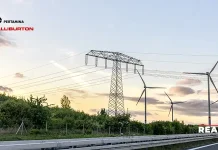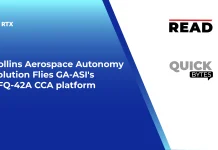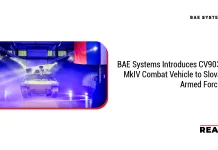Focused on providing a streamlined pathway to fleet electrification, EV Connect announced the general availability of its Fleet Charging Management Platform. As a lead customer, the City of Porterville now leverages the EV Connect Fleet solution for advanced capabilities such as real-time charger and vehicle data, automatic and manual charging prioritization, and energy management to help mitigate on-peak energy costs. The EV Connect Fleet solution provides an enhanced user experience, allowing for complete control over fleets and their energy consumption for fleet service providers as well as in-house-managed vehicle fleets.
The City of Porterville, Calif., located in the San Joaquin Valley, is expanding its leadership in municipal sustainability by deploying EV charging to take advantage of its quick and convenient access to key transportation routes. In addition to serving more than 20 of its own fleet vans to buses, the City of Porterville can now optimize its charging schedules for demand response, manage charging costs, and ensure uptime across a multi-vendor charging environment which serves the EV charging needs of public and private fleet customers.
“Sustainability in general, and air quality, in particular, are top of mind in Porterville and across all of California, and our EV fleet program helps us address these challenges for the long run,” said Richard Tree, executive director of Tulare County Regional Transit Agency. “The decision to expand our EV charging footprint required the selection and partnership of vendors that could support our efforts in the short term and provide flexibility so we can grow and expand organically in the future.”
With the goal to balance operations, insights, and user control, the EV Connect Fleet Management Platform presents an intuitive dashboard that can track a vehicle’s state-of-charge, ready time, and overall status, with complete visibility into depot specifics. Automatic and manual charging sequencing and prioritization provides adaptive fleet scheduling and gives owners and operators the ability to leverage in-depth analytics to improve fleet scheduling, including state-of-charge, energy power levels, and station availability. The charging management software supports all use cases, including parking lots, distribution centers, transit hubs, and other public-accessible locations. Thanks to collaborations with various payment, telematics, and fleet management software providers, the software enables fleets to manage energy, track fuel time, and notify managers of potential problems through real-time alerts.




